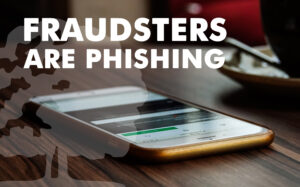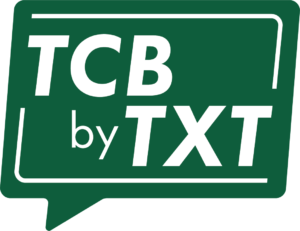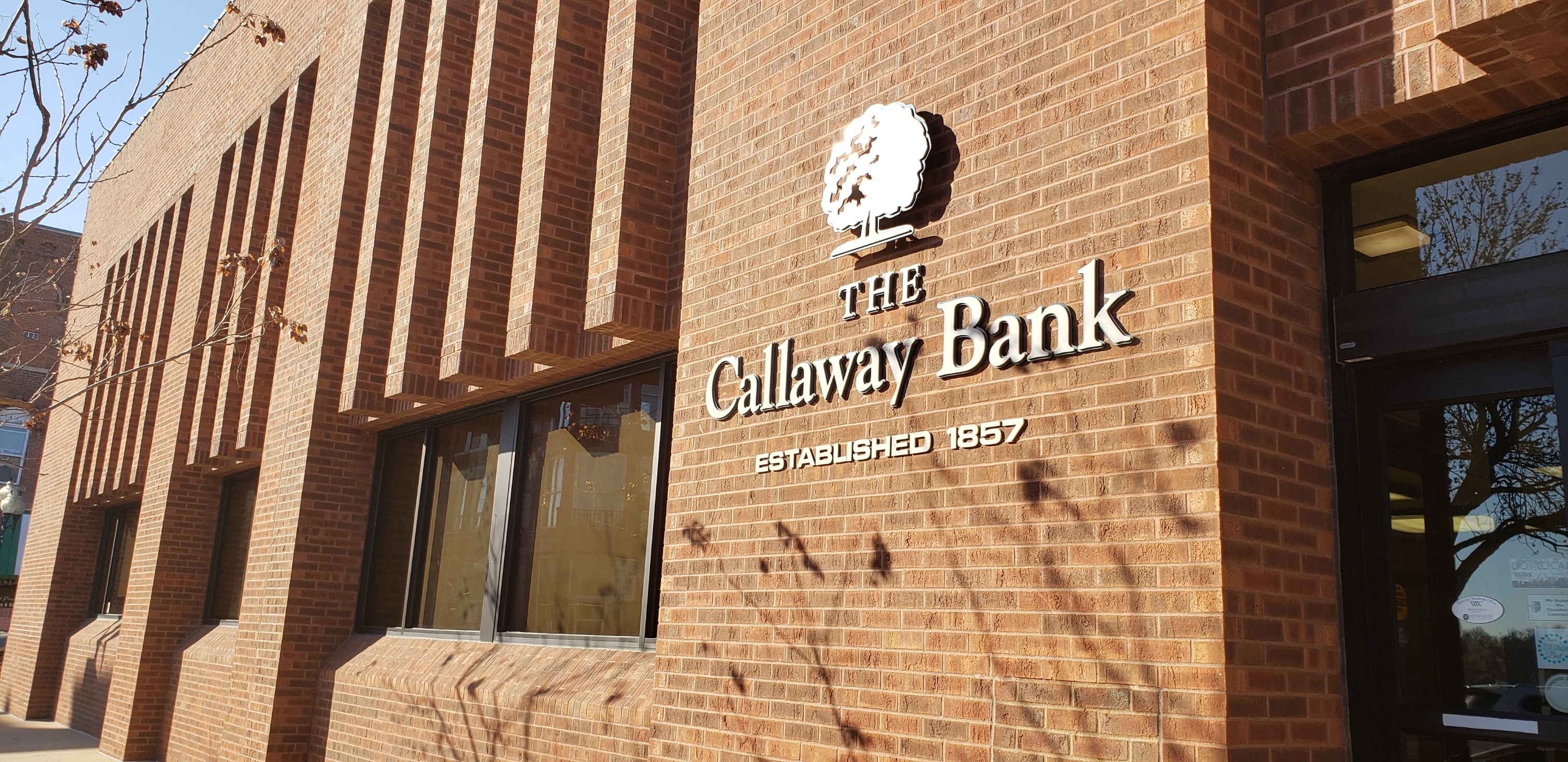 Buying your first home can feel like a daunting task. Committing all or most of your life savings, and signing up for a mortgage might be the largest and longest financial obligation you’ll ever have and that can be intimidating. However, if you know what to look for and what to avoid, you can bring a level of confidence to a process that seems overwhelming.
Buying your first home can feel like a daunting task. Committing all or most of your life savings, and signing up for a mortgage might be the largest and longest financial obligation you’ll ever have and that can be intimidating. However, if you know what to look for and what to avoid, you can bring a level of confidence to a process that seems overwhelming.
- Determine how much you can afford. The first thing you need to accomplish is determining a budget for your new home. Knowing your budget allows you to find a home you can “comfortably” afford. Work with a lender to get pre-qualified for a mortgage loan so you can start searching for the right home for you.
- Shop for the right type of loan. When you meet with one of our lenders, you’ll be asked a series of questions regarding your expectations and desires for a new home. You’ll need to provide financial information, such as current debt, income and monthly expenses among other things. Certain loans are better for first-time homebuyers, because they don’t require a large down payment, which means less cash out of your pocket. They also have low interest rates that translate into affordable monthly payments. Be sure to ask about FHA loans, or if you or your spouse is a member of the armed forces, take advantage of the VA loan, which has a zero percent down payment in most instances¹.
- Make a “must have” list. Develop a list of your priorities for a new home. Consider variables, such as home condition and amenities, location, schools in the area, traffic, shopping and the neighborhood. For example, you have two people in your household who commute to work and children to take to school each morning. In this case, location would likely be a priority. Or, maybe you don’t have any additional budget for remodeling and wouldn’t consider yourself the, “do it yourself” type… home condition and amenities would be high on your list.
- Find a Realtor®. Once your “must haves” are in place, your best bet is to find a trusted realtor. Ask your friends or family for references, or ask one of our lenders and we’ll set you up with a trusted agent. A real estate agent will help you wade through the many listings on the market based on your “wish list.” He or she can also get you into homes quickly and start the buying process effectively and efficiently.
- Make an offer. This is where having a real estate agent really matters! He or she will help you make the best offer possible on your home. You may go back and forth with the seller a few times, so be prepared to negotiate.
- Closing the deal. Once a price is agreed upon, you can begin the closing process. You will finalize your loan with your lender, and loan, tax and title documents are prepared for a final meeting that will be set up to sign all of the paperwork for your new home. In many instances, you’ll have to go to a title office for a “closing”.
Before you get started in your home buying adventure, give us a call at (800) 446-2265 or start with our fast quote free online form. We’d love to be able to help get you into the right home at the right price, with the right loan.
© 2015 Harland Clarke Digital®
¹Subject to credit review and loan approval. Offer applies to any active or honorably discharged member of the United States Army, Navy, Air Force, Marines, Coast Guard and National Guard. Available on first lien on primary residence only for properties located in contiguous counties of or within Boone or Callaway counties in Missouri. Appraisal fee up to $1,000 will be waived. Offer made by The Callaway Bank and does not imply that any loan will be made by the VA or US Government. This offer is subject to end without advance notice.

 The Callaway Bank will be closed on Monday, May 25, 2020 in observance of Memorial Day. While we hope you and your loved ones enjoy this holiday, we recognize it is more than just a time for BBQs and fun at the lake.
The Callaway Bank will be closed on Monday, May 25, 2020 in observance of Memorial Day. While we hope you and your loved ones enjoy this holiday, we recognize it is more than just a time for BBQs and fun at the lake.

